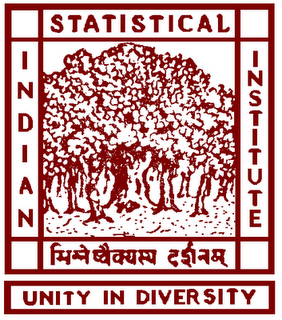


Abstract
Familial Inference
By
Catherine Forbes
Monash University, Australia
| Abstract:
Statistical hypotheses are translations of scientific hypotheses into statements about one or more distributions, often concerning their center. Tests that assess statistical hypotheses of center implicitly assume a specific center, e.g., the mean or median. Yet, scientific hypotheses do not always specify a particular center. This ambiguity leaves the possibility for a gap between scientific theory and statistical practice that can lead to rejection of a true null. In the face of replicability crises in many scientific disciplines, "significant results" of this kind are concerning. Rather than testing a single center, this paper proposes testing a family of plausible centers, such as those induced by the Huber loss function (the "Huber family"). Each center in the family generates a testing problem, and the resulting family of hypotheses constitutes a familial hypothesis. A Bayesian nonparametric procedure is devised to test familial hypotheses, enabled by a pathwise optimization routine to fit the Huber family. The favourable properties of the new test are verified through numerical simulation in one- and two-sample settings. Two experiments from psychology serve as real-world case studies. |
Committee
Workshop
Conference
Student Paper
Key Dates
Communication
StatFin Main Webpage


